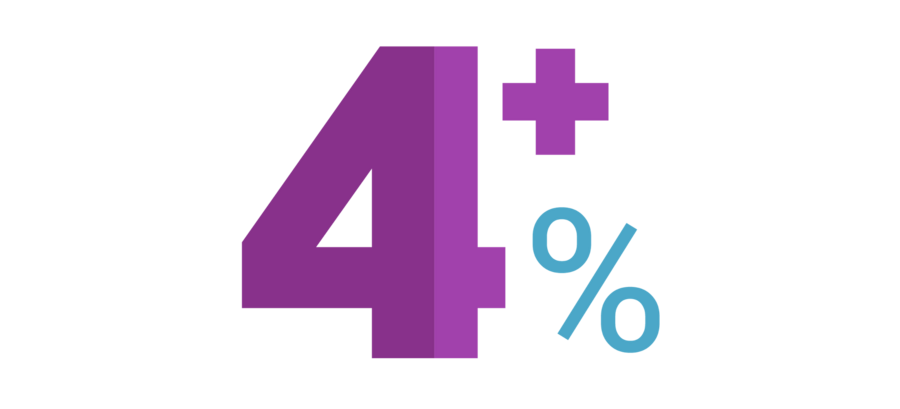
Oil Price Crash Spurs Oxy to Cut Dividend; New, Lower Payout Appears Speculative
On Monday, Occidental Petroleum (OXY) announced an 86% cut to its dividend and an approximately $2 billion reduction in capital spending. The catalyst was a 30% decline in the price of oil, the result of a price war initiated by Saudia Arabia.
While we didn't foresee a crash in oil prices this severe and thus didn't anticipate a dividend cut coming so soon, we did identify several risks with Oxy's dividend that were reflected in our Borderline Safe rating and published in several notes.
Specifically, here's what we said in a note on February 28:
While we didn't foresee a crash in oil prices this severe and thus didn't anticipate a dividend cut coming so soon, we did identify several risks with Oxy's dividend that were reflected in our Borderline Safe rating and published in several notes.
Specifically, here's what we said in a note on February 28:
The bottom line is that debt reduction needs to be a top priority, and organic deleveraging won't come easy with the dividend consuming so much of Oxy's free cash flow. An argument could be made that the most prudent course of action would be to cut the dividend to improve the firm's financial flexibility...
Oxy is basically a leveraged bet on the price of oil. If oil rallies higher and supports the firm's deleveraging and production growth goals, it wouldn't be surprising to see the stock double and its dividend continue growing.
But if the price of oil weakens further and asset sales become more difficult to execute, then Oxy's dividend could eventually find itself on the chopping block to free up cash for faster deleveraging...
Conservative investors may want to watch from the sidelines until management has made more progress paying down debt, improving Oxy's ability to handle periods of commodity price weakness as it has historically.
With the dividend cut behind, the question for current shareholders now becomes what to do next? Is Oxy's new, lower payout safe? Or is more trouble ahead?
While there's a lot of uncertainty at play, we believe the fall in oil prices as well as the dividend cut itself have made Oxy's payout even less safe. As a result, we're downgrading Oxy's Dividend Safety Score to Unsafe.
For one, the dividend cut and reduction in capital spending merely place Oxy back where the firm started before oil prices tanked over the weekend. Oxy's lower dividend and reduced capital spending will save the firm about $4 billion this year, but analysts now also expect Oxy to generate about $4 billion less in EBITDA (a proxy for cash flow) in 2020 because of the drop in oil prices.
In other words, Oxy faces the same challenge as when we published our last note: the oil producer continues to have little excess cash flow to pay back debt and deleverage after reinvesting in its business to maintain current production rates and meeting the firm's other financial obligations (e.g. $800 million in preferred stock dividends owed annually to Berkshire Hathaway).
In fact, Oxy's situation appears to have materially worsened this week.
With less cash flow now expected in 2020, the firm's net debt to EBITDA ratio (i.e. leverage) has shot up above 5, a far cry from what we deem a reasonable level of around 1.5. Management is under more pressure than ever to deleverage to avoid credit downgrades and liquidity issues.

Additionally, any asset sales that materialize will yield even less cash now that oil prices are sitting at their lowest level since the 2014-16 oil crash. Asset sales were meant to be an important tool for management to raise cash and deleverage, but that deleveraging option now appears even less promising.
Lastly, with Oxy's dividend record already tarnished, management is less likely to be as committed to the dividend going forward. The new dividend will only cost $400 million annually, but it's not hard to envision management redirecting that capital towards deleveraging should conditions worsen or fail to improve quickly.
In short, Oxy's dividend is more fragile than it was a week ago, and the oil producer's financial situation is even more precarious.
Of course, oil prices could rebound swiftly and hit multi-year highs, helping Oxy shore up its balance sheet and pursue growth with its newly-acquired assets from Anadarko.
However, given Oxy's poor financial health, our preference would be to move on and upgrade to a higher quality investment. Oxy's valuation may not appear demanding today, but cheap stocks in poor financial shape often find ways to become even cheaper.



